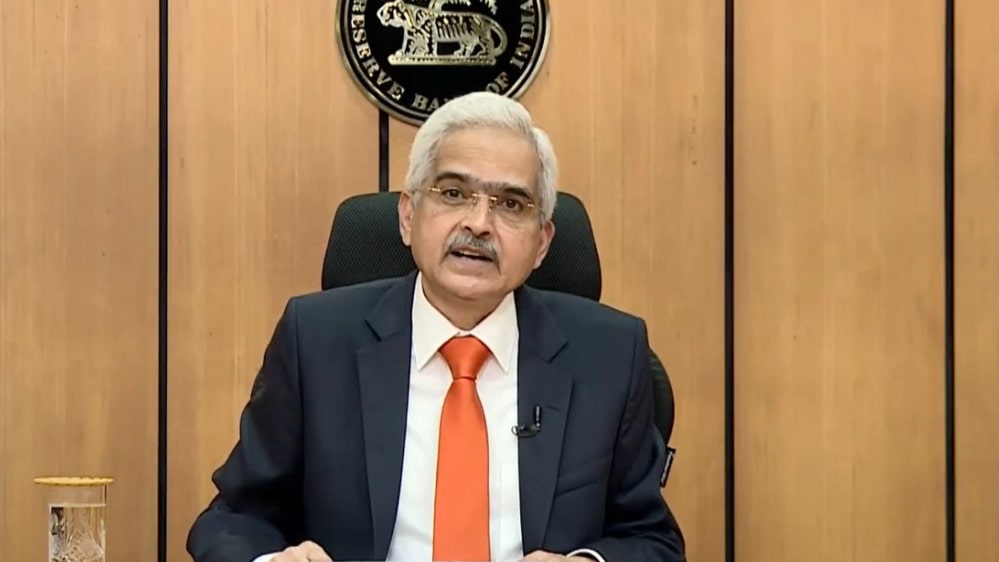Shaktikanta Das, the Governor of the Reserve Bank of India (RBI), has announced that the RBI is monitoring banks’ business models more closely. The announcement comes as the Indian banking industry faces increasing pressure to improve its financial health and tackle rising bad debts.
In a speech at a recent banking event, Governor Das said that the RBI is paying close attention to the business models of banks to ensure that they are sustainable and not overly reliant on any single source of funding or revenue. He emphasized the need for banks to have a diversified funding base and said that the RBI is actively encouraging banks to tap into newer sources of funding such as bond markets and securitization.
Governor Das also stressed the importance of banks adopting robust risk management practices, particularly in the wake of the COVID-19 pandemic. He said that the RBI has been closely monitoring banks’ asset quality and liquidity positions, and that it has taken several measures to support the banking industry through the pandemic. He emphasized that banks must develop a comprehensive risk management system to tackle the challenges posed by the pandemic, including credit and operational risks. Moreover, he suggested that banks should focus on digital banking solutions and use innovative technologies to enhance their operations.
The Governor’s comments come at a time when the Indian banking industry is facing several challenges. The industry has been grappling with rising bad debts, which have been exacerbated by the economic impact of the pandemic. Non-performing assets (NPAs) in the Indian banking system have been on the rise for several years, and stood at 7.5% of total advances as of December 2020, according to RBI data.
The pandemic has further added to banks’ asset quality woes, with many borrowers struggling to repay loans due to the economic slowdown. The RBI has taken several steps to ease the burden on borrowers, including allowing loan moratoriums and restructuring of loans, but the impact on banks’ balance sheets is still being felt.
In addition to the NPA problem, the Indian banking industry has also been struggling with low profitability and weak capital adequacy ratios. Many public sector banks in particular have been weighed down by high levels of bad debts and poor asset quality.
Governor Das’s comments on monitoring banks’ business models closely indicate that the RBI is taking a proactive approach to addressing these challenges. By ensuring that banks have sustainable business models and diversified funding sources, the RBI hopes to make the banking industry more resilient to economic shocks and better equipped to handle challenges such as rising bad debts.
The Governor’s comments have been welcomed by industry experts, who see them as a positive step towards improving the health of the banking industry. Many analysts have called for greater oversight of banks’ business models and risk management practices, and the RBI’s announcement is seen as a step in the right direction.
However, some experts have cautioned that the RBI needs to strike a balance between ensuring banks’ financial health and allowing them to pursue growth opportunities. They argue that overly strict regulations could stifle innovation and growth in the banking sector, and that the RBI needs to find a way to promote growth while also ensuring stability. Furthermore, the experts have urged the RBI to be flexible in its approach and take into account changing economic conditions. This is especially important given that banks are facing unprecedented pressures due to the disruptions caused by the COVID-19 pandemic. In order to ensure a healthy banking sector while also promoting growth, some experts have suggested introducing new regulations that promote sustainable banking practices.
Overall, the RBI’s announcement on monitoring banks’ business models more closely is a positive development for the Indian banking industry. By promoting sustainable business models and risk management practices, the RBI is helping to build a stronger and more resilient banking sector that is better equipped to weather economic storms.










